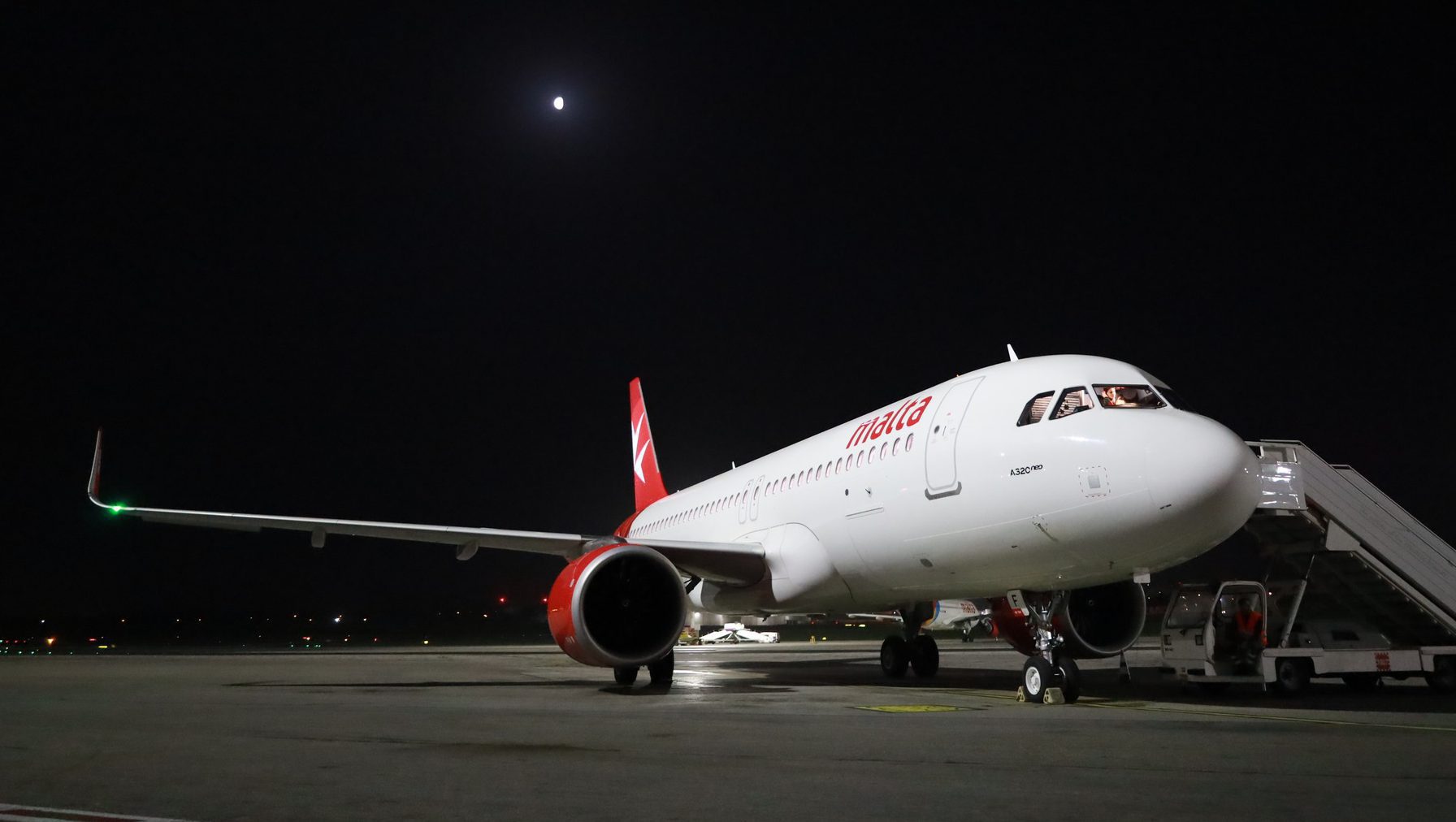The effect of the COVID-19 pandemic on the Maltese economy continues to be analysed, with real GDP estimated to have fallen by 6.2 per cent in the last quarter of 2020, largely as a result of the severe downturn experienced in tourism.
The figures emerge from the Central Bank of Malta’s second issue of its Quarterly Review for 2021, which analyses economic and financial developments in Malta and abroad during the fourth quarter of 2020.
The information presented reflects the re-opening of most retail outlets, although some containment measures remained in place, restricting activity in the hospitality and entertainment sectors.
Economic activity improved in the last quarter of the year when compared with the previous quarter. Real GDP fell by 6.2 per cent in annual terms in the fourth quarter of 2020 – a more muted decline than that experienced in the third quarter – when GDP had contracted by an annual 8.8 per cent.
The economic contraction in the last quarter of 2020 was largely underpinned by a sharp fall in net exports, as the deterioration in domestic demand was minimal.
Sector data show that the contraction was primarily driven by the services sector, reflecting the fact that tourism-related activity remained relatively depressed, though faring better than in the third quarter. Activity also decreased in the manufacturing and construction sectors, although the dampening effect on overall GDP was much smaller.
Potential output growth moderated further during the fourth quarter of 2020, and fell to 0.1 per cent from 0.5 per cent in the previous quarter. As a result of lower demand relative to potential output, the output gap moved further into negative territory.
The Bank’s Business Conditions Index improved marginally during the quarter under review, but continued to stand firmly below its long-term average. The European Commission’s Economic Sentiment Indicator rose slightly but remained low from a historical perspective as COVID-19 continued to weigh heavily on consumer and business confidence throughout the quarter.
During the last quarter of 2020, the labour market continued to be negatively affected by the pandemic, although with some improvement compared to the third quarter. According to the Labour Force Survey, employment increased compared to the third quarter of 2020, but was below its level a year earlier. The unemployment rate stood at 4.4 per cent slightly lower than the 4.6 per cent registered in the third quarter, but higher than the 3.5 per cent recorded a year earlier.
Nonetheless, Malta’s unemployment rate remained well below the average rate for the euro area, which stood at eight per cent. This reflects Government measures – such as the Wage Supplement Scheme as well as firms’ reliance on shorter working-time arrangements – which have successfully protected employment.
Inflation remained low during the quarter. Annual inflation as measured by the Harmonised Index of Consumer Prices eased to 0.2 per cent in December, from 0.5 per cent in September, driven by a stronger rate of decline in the prices of non-energy industrial goods and slower growth in the prices of food and services.
Annual inflation based on the Retail Price Index – which only takes into account expenditure by Maltese residents – stood at 0.2 per cent, unchanged from September.
During the fourth quarter of 2020, general government finances continued to be negatively impacted by COVID-19. The general government balance deteriorated significantly when compared with the corresponding period a year earlier.
When measured on a four-quarter moving sum basis, the general government balance registered a deficit of 10.1 per cent of GDP, against a deficit of 7.0 per cent of GDP in the third quarter of 2020. The general government debt-to-GDP ratio increased to 54.3 per cent from 52.6 per cent at end-September.
As the stock of financial assets fell faster than financial liabilities, the net financial worth as a share of GDP worsened. Notwithstanding this development, it continued to compare favourably with the euro area average.
The Review also presents an overview of the monetary policy decisions taken by the Governing Council of the European Central Bank. The Governing Council reinforced its accommodative monetary policy stance during the last quarter of 2020, partly by means of a €500 billion increase in the maximum envelope of the Pandemic Emergency Purchase Programme (PEPP), to €1,850 billion.
The Council also recalibrated the parameters of the targeted long-term refinancing operations and announced three additional operations in 2021. It also announced four additional pandemic emergency longer-term refinancing operations for this year.
Meanwhile, the Governing Council reaffirmed its previous commitments on ECB interest rates and the Asset Purchase Programme.
The Review also carries an analysis of sectoral developments in the Maltese economy between 2000 and 2020 and presents a set of updated industry-specific multipliers for the Maltese economy on the basis of a symmetric input-output table for 2015.
Furthermore, it describes the liquidity conditions in the Maltese banking system and the monetary policy operations conducted by the Bank between January 2020 and January 2021. In addition, it analyses datasets from the European Quality of Life Survey to trace changes in the importance of various factors affecting well-being in a period of economic growth.
Annual STI testing for non-EU massage therapists amounted to ‘slander,’ admit health authorities
Health authorities kept quiet about changes to the legal provisions
KM Malta Airlines announces extra flights and special fares for MEP and local council elections
To qualify for special fares, all travel needs to take place into and out of the same city
European Parliament adopts regulation making it easier for companies to be paid on time
The maximum credit term under the new Late Payment Regulation is to up to 120 days, for some sectors






